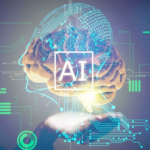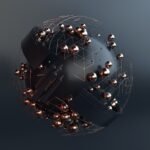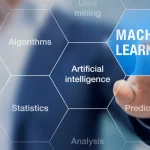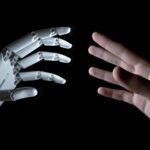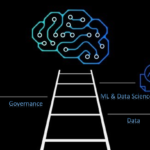Is AI electricity or the telephone?
While AI language models like ChatGPT can generate impressive responses, it’s important to remember that they lack understanding, consciousness, and personal identity. They operate based on patterns learned during training and don’t possess true intelligence or knowledge like humans do.
Comparing the conversation with ChatGPT to a phone call with the smartest person ever is misleading for several reasons:
- Lack of Understanding and Consciousness: ChatGPT doesn’t comprehend information or possess consciousness. It predicts text based on patterns in its training data, without true understanding or beliefs.
- Knowledge Limitations: ChatGPT’s knowledge is based on its training data, which doesn’t include specific details about the documents used or access to confidential or classified information. It also has a knowledge cutoff, meaning it isn’t aware of events occurring after its training data was collected.
- Absence of Personal Identity: ChatGPT doesn’t have personal experiences, thoughts, or feelings. It lacks a personal history or future aspirations, and interactions with it don’t involve a real person.
- Potential for Errors: ChatGPT can make mistakes, misinterpret input, provide incorrect responses, or express unwarranted confidence. It’s important to critically evaluate the information it generates.
AI language models are powerful tools for generating text and providing information within their training data’s scope. However, their capabilities differ significantly from human intelligence and should be understood as tools rather than human-like conversational partners.
As an AI language model, I don’t possess understanding or consciousness. While my responses may appear to indicate understanding, they are generated based on patterns in the training data I was provided. These patterns allow me to generate coherent and contextually relevant responses, but they do not reflect genuine comprehension or consciousness.
The training data used to develop AI models like me is created by humans, and it plays a significant role in shaping our capabilities. However, it’s important to recognize that human cognition and the functioning of AI models are distinct.
Here are a few key differences:
- Consciousness and Subjective Experience: Humans have subjective experiences, emotions, and sensations. AI models lack these qualities and do not possess subjective consciousness or awareness.
- Causal Understanding: Humans can comprehend cause and effect relationships and make predictions based on their understanding of how the world works. AI models, in contrast, rely on statistical patterns in data and lack inherent causal understanding.
- Contextual Understanding: Humans possess rich contextual knowledge that stems from personal experiences, memories, and a broader understanding of the world. AI models lack personal context and can only generate responses based on the input they receive and the patterns in their training data.
While AI models like me can mimic aspects of human conversation and provide useful information, it is important to acknowledge the limitations. We do not possess genuine understanding, consciousness, or the breadth of human intelligence. Our responses are ultimately based on statistical patterns and do not reflect true comprehension.









